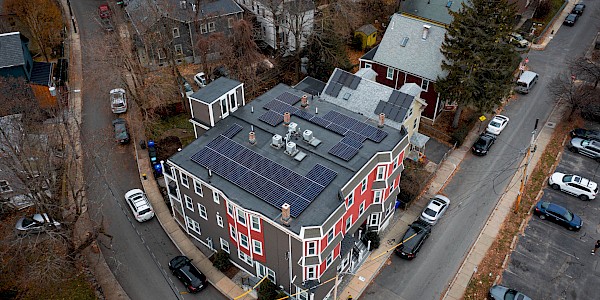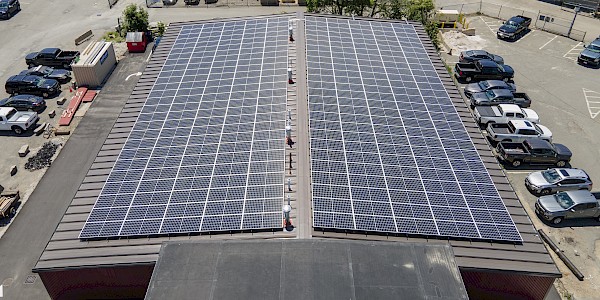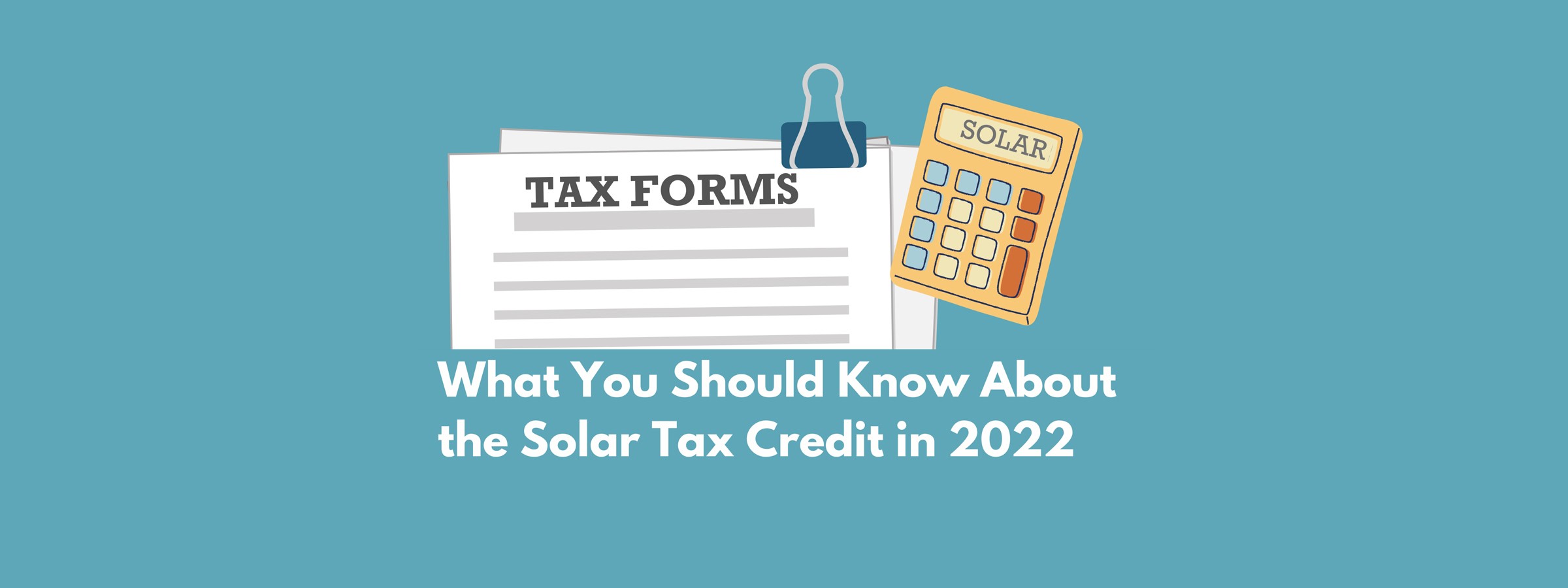What You Should Know About the Solar Tax Credit in 2022
Mar. 30, 2022
The federal solar tax credit, also known as the solar Investment Tax Credit (or ITC) is one of the best solar incentives in the United States—and is a big reasonwhy 2022 is the year to go solar in Massachusetts. If you’re planning a residential solar panel installation, you’ll definitely want to take advantage of the ITC!
The Boston Solar team is here to explain what the ITC is, how it works, and how you can claim it for your solar energy project. We’re the leading home solar installer near you in Massachusetts, and we’ve helped more than 5,000 homeowners and businesses go solar.
*Disclaimer: This blog is intended for informational purposes only. It does not constitute professional tax advice or guidance. We always recommend speaking with your tax advisor about solar tax credits.
What Is the Solar Investment Tax Credit?
The federal solar tax credit allows homeowners and businesses to reduce their federal tax liability by a percentage of their total solar installation costs. If the credit amount is greater than what’s owed for that year, the remainder can be rolled over to another year, as long as the credit is still in effect.
Most home solar projects qualify for the ITC. To be eligible, you must:
- Own your solar panel system
- Own the home the system is installed on
- Have taxable income
How Much Is the Federal Solar Tax Credit in 2022?
The solar federal tax credit in 2022 is worth 26% of the total cost of your solar project. In 2023, the ITC will be reduced to a 22% credit and in 2024 it will end for residential solar projects. Commercial solar projects will be eligible for a 10% credit from 2024 on.
The ITC has been extended before and it’s possible that it will be again, but there are no guarantees. Act quickly if you want to secure the highest incentive possible!
Here’s a recap of what the current ITC schedule looks like:
- 2022 - 26% tax credit for residential & commercial
- 2023 - 22% tax credit for residential & commercial
- 2024 - ITC ends for residential solar, 10% tax credit for commercial
In order for a residential solar system to qualify for the 26% tax credit, it must be fully installed and turned on by December 31, 2022. If you act soon, you may still qualify for the 26% tax credit. But solar providers near you in Massachusetts are starting to book up for the remainder of the year! Schedule a consultation with Boston Solar today to get your project started ASAP.
Other Massachusetts solar incentives, like the Solar Massachusetts Renewable Target (SMART) Program, are also time-sensitive. The sooner you get your solar panels installed, the better your incentives will be!
How to Claim the Federal Solar Tax Credit for Solar Panels in 2022
There are three basic steps you need to take in order to claim the ITC for your residential solar installation.
Save all receipts related to your solar project (this includes parts, labor, and permitting)
Fill out IRS Form 5696, Residential Energy Credits
Add your renewable energy credit information to your usual IRS Form 1040
Boston Solar is the #1 Massachusetts home solar company, and we’ve installed more than 5,000 solar energy systems—many of which have qualified for the ITC. Our team is well-versed in this important solar incentive and can answer any questions you may have about claiming the ITC.
As a 100% locally owned and operated company, we’re proud to help Massachusetts homeowners take advantage of all the solar incentives available to them. With the ITC plus other residential incentives, like SMART, net metering, and ConnectedSolutions, cost-effective solar installation is possible for your Massachusetts home.
Get a 26% tax credit for your home solar installation. Call 617-858-1645 or schedule a consultation with Boston Solar today!




